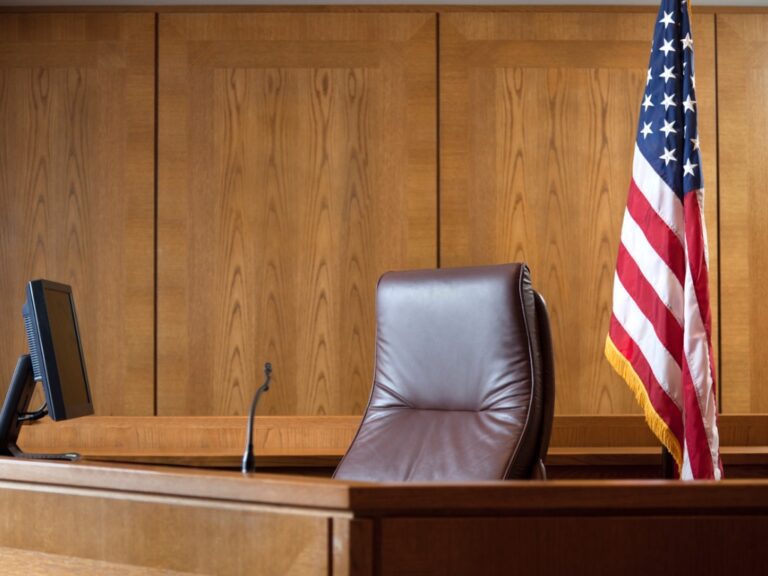Classifying Employee Witnesses Poses Risks to Companies
March 11, 2024

Attorneys Kate Ledden and Maddie Kincaid from Husch Blackwell, writing on the firm’s Healthcare Law Insights site, address a common challenge faced by corporate defendants in federal court: determining whether their knowledgeable and experienced employees should be considered simple fact witnesses or if their anticipated testimony qualifies them as expert witnesses, subjecting them to expert discovery. Regardless of the classification, there are significant risks involved.
Fact witnesses testify based on their direct experiences and perceptions, while expert witnesses are qualified to provide opinions if their specialized knowledge aids the court or jury in understanding evidence or determining relevant facts.
Expert witnesses are held to a higher standard compared to lay witnesses. They may be retained by a party involved in the case or non-retained, such as physicians or employees with relevant knowledge helpful to the fact-finder.
Non-retained experts are subject to Federal Rule of Civil Procedure 26(a)(2) requirements. Unlike retained experts, they aren’t obligated to produce a detailed report but must still be disclosed with specific requirements, which can vary depending on local rules and laws.
All experts must disclose the information and assumptions they rely on, but certain protections for communications between a party’s attorney and “any witness required to provide a report” do not extend to non-retained experts.
Some courts have ruled that parties waive attorney-client and work product protections for documents involved in non-retained experts’ testimony. Disclosure of communications between outside counsel and non-retained expert employees has been ordered by some courts.
The authors emphasize the critical importance of determining witness status, which carries inherent risks. Failing to designate a witness correctly could lead to adverse consequences if their testimony is later deemed expert in nature, potentially preventing vital evidence from being admitted at trial.
They also highlight that once the trial begins, it’s usually too late to reclassify a witness from a layperson to an expert or from a non-retained expert to a retained expert.
Daily Updates
Sign up for our free daily newsletter for the latest news and business legal developments.




